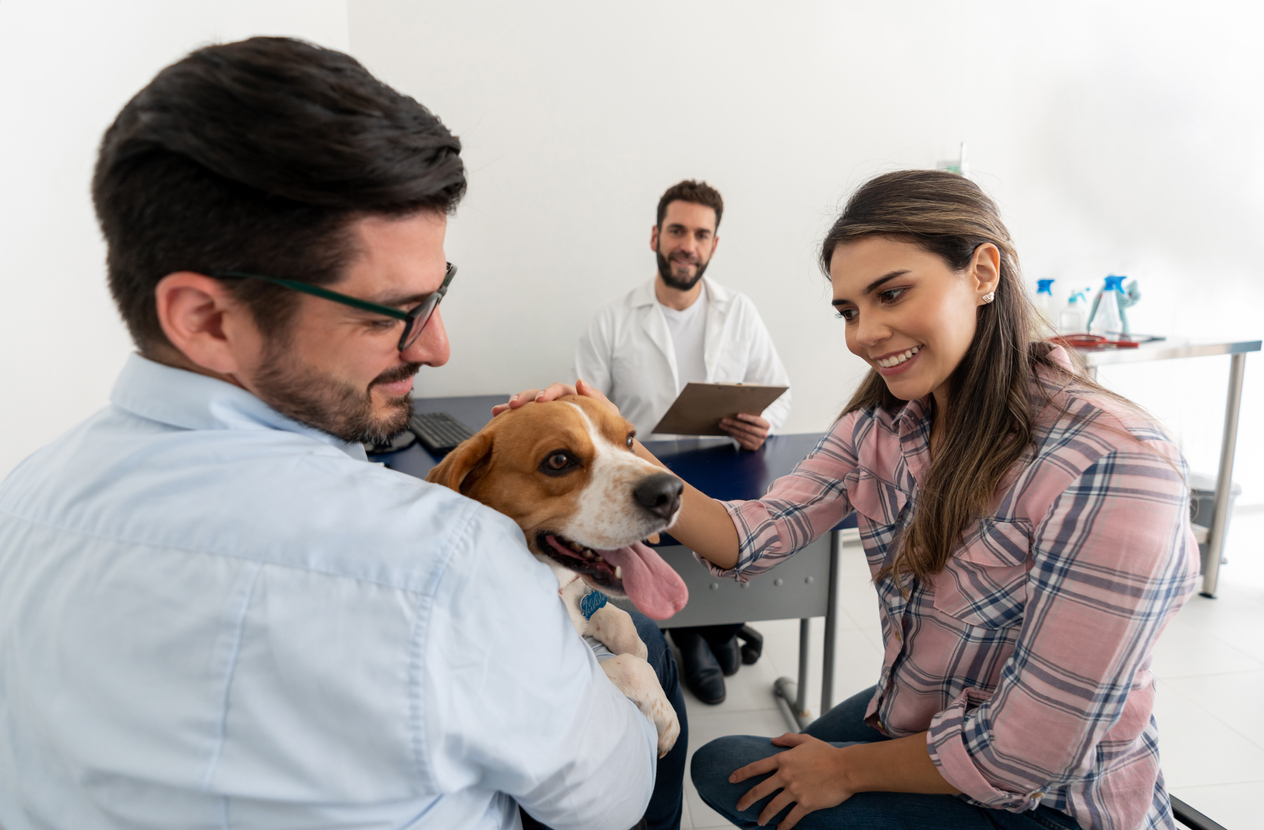Veterinary malpractice occurs when a veterinarian harms an animal due to incompetence, carelessness, or a mistake in judgment. However, not all veterinary errors are malpractice, and just because an animal gets worse following treatment, this doesn’t necessarily mean that the veterinarian who treated the animal is liable for malpractice. As a veterinarian, the threat of becoming a defendant in a veterinary malpractice lawsuit is very real. Therefore, it’s important that all veterinarians have a basic understanding of veterinary malpractice and how to avoid it. In this article, we provide an overview of veterinary malpractice.
Veterinary Malpractice Elements
In order for a plaintiff to win a veterinary malpractice lawsuit, he or she must prove that the veterinarian was negligent by demonstrating the following:
- The veterinarian had a duty to treat his or her pet
- The veterinarian failed to meet this duty
- The pet died or was injured as a result of the veterinarian’s failure to meet his or her duty, and
- The pet’s owner experienced economic loss or emotional distress as a result of the veterinarian’s actions
Types of Veterinary Malpractice
There are many types of veterinary malpractice. Examples include:
- Failing to provide a pet with appropriate treatment,
- Providing a pet with the wrong treatment,
- Prescribing a pet the wrong medicine,
- Incorrectly diagnosing a pet, and
- Stopping a pet’s treatment too soon.
How to Avoid Veterinary Malpractice
As a veterinarian, the key to avoiding a veterinary malpractice lawsuit is to anticipate and prevent potential issues before they occur. Proactive steps to take to avoid veterinary malpractice include:
- Evaluate your practice at regular intervals to identify and fix problems
- Consult with your employees on a regular basis to ensure that they are taking proper preventative measures, and
- Stay current on developments in the area of legal liability for veterinary malpractice
What to Do If You’ve Been Sued for Veterinary Malpractice
If you have been sued for veterinary malpractice, it’s imperative that you take immediate action. However, deep knowledge and significant experience in the area of veterinary malpractice law are needed to successfully defend a veterinary malpractice lawsuit in court. Therefore, if you’re the target of a veterinary malpractice lawsuit, you should contact an experienced veterinary practice litigation attorney immediately for assistance.
Contact Our Experienced Veterinary Attorneys
Like all businesses, operating a veterinary practice has its risks and rewards. If you run a veterinary practice, you must be prepared to deal with the risks associated with running your business. The best way to address these risks is to work with an experienced veterinary practice litigation attorney. At Mahan Law, we know the veterinary business inside and out. Our firm was founded by veterinary hospital owner Anthony Mahan, and we know what it takes to help veterinarians avoid litigation. So, whether you are embroiled in a veterinary malpractice lawsuit, or you would like to be proactive in protecting your veterinary practice, we are here to help. Please contact us today to schedule a consultation.

